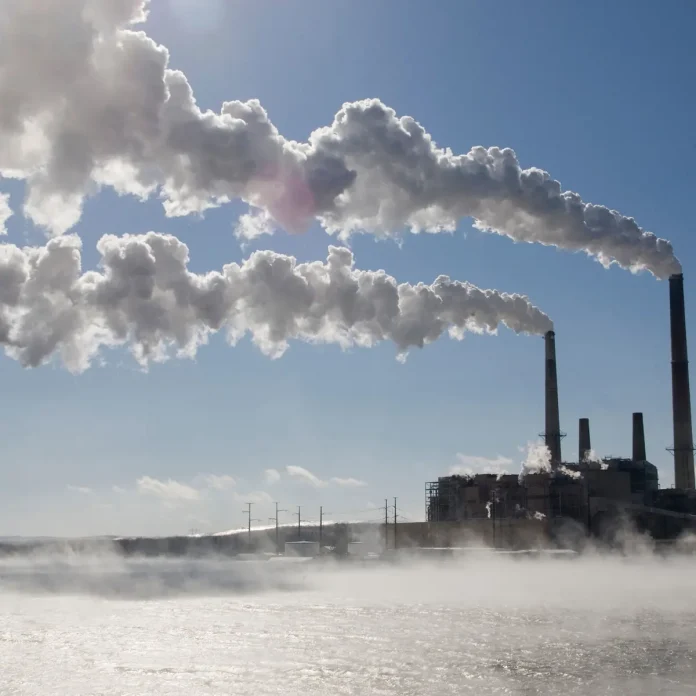Historically, Global South has been climate-colonized and is now paying massive humanitarian costs for the high carbon emissions of the North.
The findings highlight the enormous gaps between what have been termed “the polluting elite”, whose high-carbon lifestyles fuel the climate crisis, and the majority of people, even in developed countries, whose carbon footprints are far smaller.
China’s solutions to climate change are more feasible for countries such as Pakistan. China’s status as a developing nation allows it to relate to the realities of other developing countries and formulate a more suitable and effective plan for tackling climate change.
This as stated in a report on climate change published by KASB Securities on a climate change seminar held in Karachi ahead of the upcoming COP27, according to Gwadar Pro on Friday. The report says, given the disproportionately high cumulative greenhouse gas (GHG) emissions from developed countries in history,
“the developing countries should not face undue pressure from developed nations to take drastic steps in reducing GHG emissions”.
- Flying, driving large
- Expensive cars
- Owning multiple homes
- Traveling between them
- Eating a diet rich in meat
- Buying more clothes
- Imported luxury goods
are all reasons for the richest generating far higher carbon footprints.
Poorer people tend to stay closer to home in small houses and use public transport. While their expenditure on luxuries and items such as “fast fashion” is much smaller.
Will Stronge, director of research at Autonomy, said:
“The enormous release of carbon emissions by the very richest in society over the past few decades is astonishing. Our analysis suggests that the most effective way for the government to tackle climate change would be to properly tax the rich, through a well-targeted carbon tax scheme.”


